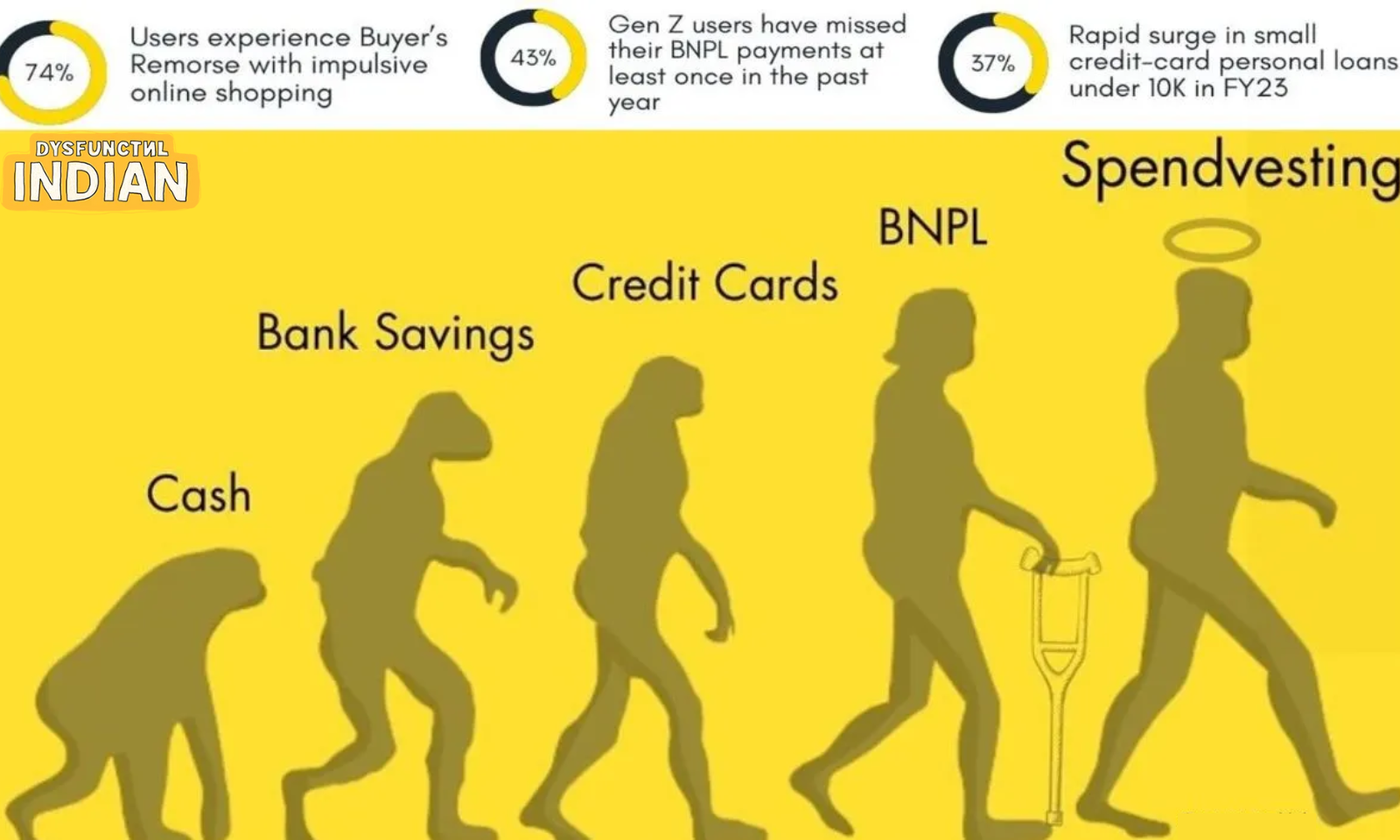What Is Procrastination and How to Overcome It
Posted by admin on 2024-01-17 | Last Updated by admin on 2026-01-14 14:37:42
Procrastination,
the act of delaying tasks despite knowing the negative consequences, has become
an increasingly prevalent issue in today's fast-paced society. As technology
advances and the demands of daily life intensify, individuals find themselves
grappling with the procrastination dilemma more than ever before.
Socrates, a
foundational figure in Western philosophy, introduced the concept of Akrasia,
shedding light on the irrationality of human behavior, particularly the
tendency to act against one's better judgment.
Akrasia, often
translated as "weakness of will" or "lack of self-control,"
aligns with the modern understanding of procrastination. Socrates recognized
that individuals, despite possessing knowledge of what is best for them, often
succumb to the allure of immediate pleasure or the avoidance of discomfort.
Understanding
the Roots of Procrastination:
Psychological
research suggests that procrastination is a complex phenomenon rooted in
various factors, such as fear of failure, lack of motivation, and poor
self-regulation. Dr. Piers Steel, a renowned psychologist, has extensively
studied procrastination and identified the following equation to represent it: Motivation = (Expectancy * Value) /
(Impulsiveness * Delay). According to this formula, low motivation,
high impulsiveness, and prolonged delays contribute to increased
procrastination.
Modern society,
with its constant influx of information and distractions, exacerbates these
factors. Social media, instant messaging, and the allure of endless
entertainment at one's fingertips pose significant challenges to maintaining
focus and motivation. Moreover, the fear of missing out (FOMO) can lead
individuals to prioritize short-term pleasure over long-term goals, fueling
procrastination.
The
Cost of Procrastination:
Procrastination
exacts a considerable toll on personal and professional lives. Research
conducted by Dr. Joseph Ferrari, a professor of psychology, has linked chronic
procrastination to higher levels of stress, anxiety, depression, and various
health issues. In the workplace, procrastination can result in missed
deadlines, decreased job performance, and strained relationships with
colleagues.
Moreover, the
academic realm provides ample evidence of procrastination's detrimental
effects. A study published in the Journal of Behavioral Medicine found that
students who procrastinate experience more health problems, lower energy
levels, and higher stress compared to their non-procrastinating peers. This
highlights the pervasive nature of procrastination and its impact on overall
well-being.
Overcoming
Procrastination: Evidence-Based Strategies:
·
Break Tasks into Smaller Steps: Research conducted by Dr.
Gabriele Oettingen, a psychologist, suggests that breaking down larger tasks
into smaller, more manageable steps can enhance motivation and reduce
procrastination. By focusing on specific, achievable sub-goals, individuals can
experience a sense of progress, boosting their overall motivation.
·
Set Clear Goals: The importance of goal-setting in
overcoming procrastination is supported by numerous studies. Dr. Edwin Locke's
research on goal-setting theory emphasizes the positive impact of clear,
challenging goals on performance. When individuals establish specific
objectives, they are more likely to stay focused and motivated, diminishing the
tendency to procrastinate.
·
Utilize Implementation Intentions: Dr. Peter Gollwitzer's
research on implementation intentions demonstrates that specifying when and
where a particular behavior will occur enhances the likelihood of
follow-through. Applying this principle to procrastination, individuals can
create detailed plans outlining when and where they will work on a task,
thereby reducing ambiguity and increasing the likelihood of task initiation.
·
Manage Time Effectively: Research by Dr. Stephen
Covey emphasizes the importance of time management in combating
procrastination. The Eisenhower Matrix, a time management tool attributed to
President Dwight D. Eisenhower, categorizes tasks based on urgency and
importance. By prioritizing tasks effectively, individuals can allocate time to
high-priority activities, minimizing the temptation to procrastinate on
critical responsibilities.
·
Address Perfectionism: Dr. Paul L. Hewitt's research
highlights the detrimental impact of perfectionism on procrastination.
Perfectionists often fear that their work will not meet impossibly high
standards, leading to avoidance and procrastination. Embracing a mindset that
acknowledges the value of progress over perfection can mitigate the paralyzing
effects of perfectionism.
·
Cultivate Self-Compassion: Dr. Kristin Neff's work
on self-compassion emphasizes the importance of treating oneself with kindness
and understanding. Procrastination is often accompanied by self-critical
thoughts, which can further hinder progress. Practicing self-compassion involves
acknowledging mistakes without judgment and adopting a supportive attitude
toward oneself, fostering a more positive and constructive mindset.
·
Limit Distractions: Research on attention and focus
underscores the impact of external distractions on procrastination. Dr. Cal
Newport's insights on deep work emphasize the need to create environments
conducive to sustained concentration. Minimizing distractions, such as turning
off notifications and setting specific periods for focused work, can
significantly reduce the temptation to procrastinate.
Takeaway:
Procrastination,
a prevalent challenge in the modern world, demands a multifaceted approach for
effective mitigation. By understanding its psychological roots and
incorporating evidence-based strategies, individuals can overcome
procrastination and enhance their overall well-being and productivity.
Recognizing that overcoming procrastination is a gradual process, these
strategies empower individuals to reclaim control over their time and achieve
their long-term goals in the face of today's demanding and distracting world.









